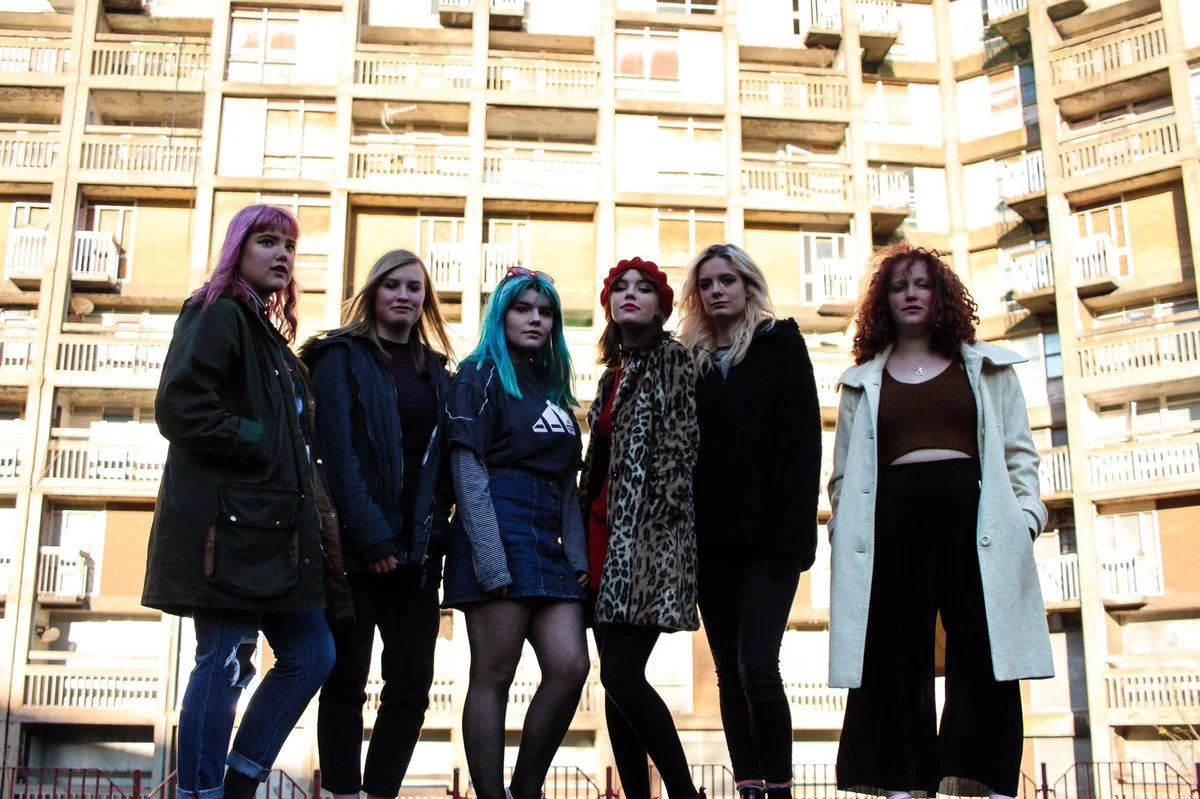Unravelling NOWHERE2GO by Earl Sweatshirt
Callum Partridge
“We back to it, ya dig?”
Above are the first audible words that jump out on “NOWHERE2GO”, the first official release from rap’s dejected chosen-one in over three years. The track comes following a tumultuous time in the life of Earl (born Thebe Kgotsitsile), a time that has seen the passing of Mac Miller and Fredo Santana (both very close friends of his), as well as his father, Keorapetse. You may know Keorapetse by his pen name, Bra Willie, under which he forged a legacy as one of the finest poets of the 20th century while in exile from his native South Africa. In Earls previous work, his father has served as somewhat of an antagonist.
“It’s probably been 12 years since my father-left, left me father-less, and I just used to say that I hate him in dishonest jest. When honestly I miss this n***** like when I was 6, and every time I got the chance to say it, I would swallow it.”
This extract is from Sweatshirt’s debut single, Chum, and serves as the perfect descriptor of his past relationship with his father. When I heard the news of Willie’s passing, I instantly thought of Earl. He’s a artist whose music I felt a strong connection to as a teenager, finding life in both his deep introspection and his teenage angst. I spend so much time communicating with his music that, at times, it almost felt like I was growing up with him. He has always been fragile, and I’ve spent the last few years desperately hoping for new music, in part for selfish reasons and but equal in part so I can know that the man behind the music is healthy, that he’s coping.
The song bursts to life from the get-go, with an enormous kick drum drilling its way through layers of samples, thick like molasses, while high end percussive snaps decorate the sparse open space. The instrumental is cluttered, but astoundingly beautiful, and is deep as it is detailed. The beat lacks a snare, with the bounce instead coming from the chopped arrangement of washed out vocal samples that form the bulk of the sonic landscape. This lack of snare deliberately places the focus upon the lyrics themselves, which are constantly fighting to surface above the instrumental.
“Every n**** that’s trippin around serve as a reminder that, I gotta watch my step....spent most of my life depressed (I think), only thing on my mind was death.”
Here we are instantly hit with Earl’s ability to create a feeling of claustrophobia, both through his lyrical content and melancholy flow. He gives a nod to the death surrounding his life, and it serves as a reminder that he ought to think twice, that he should watch his step.
“I had to refine my shit, I redefined myself. First I had to find it.”
Earl suggests that the key to his mental freedom is to put more focus and reliance on the self. As the ones he cares about pass away, he learns that you cannot rely on others to find your own peace.
Earl also addresses the pressure that is constantly placed upon him by his fans to be this effervescent poet like his father, a pressure he has felt since bursting into stardom at 16.
“I need a city to hold down, you n***** gave me a coast. You went and gave me a cape, but that never gave me no hope.”
The first bar refers to the feeling of displacement within the rapper, feeling like he belongs neither here nor there, and wishing he had a city to represent like the majority of his peers.
“you went and gave me a cape, but that never gave me no hope.”
This refers to duty that his fans have assigned to him, the cape is a metaphor for the superhero, the person with superhuman abilities and great destiny. We already know that Earl struggles with self-esteem and depression, so this assignment of fictional ability and duty will only make him feel more inadequate. The bar is also a play on the previous one,
“you n***** gave me a coast. You went and gave me a cape.”
A cape, in geographical terms, is a headland that protrudes into the sea. This the follows into be next line, “that never gave me no hope.” The Cape of Good Hope is the furthest southwest point of the African continent, and is found in his father’s native South Africa. The name of this headland was given by western traders, who saw it as being the promise of further opportunity on the other side. In reality, the Cape was the sight of many shipwrecks due the storms that would take place in that area. This stunning metaphor is one of the finest uses of wordplay that I’ve heard in a song all year, and it’s this type of ability that causes music fans to assign Earl his cape, even if he won’t wear it.
Earl’s flow across the track remains firm and entrenched despite the chaos of the instrumental, his delivery is calm and unfazed. His performance reflects his new mantra, that he will weather the storm and keep himself calm and collected while the world around him does it’s dirty job.
While the songs run time falls just under the two minute mark, the amount of content that Sweatshirt manages to jam into this time while still having the song come across and calm and concise is impressive.
“I found a new way to cope, it ain’t no slavin’ my soul, but I keep the memories close by.”
Whatever comes, it is reassuring to know that Earl is defeating his demons, and we’re blessed that it sounds this good!


